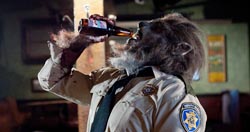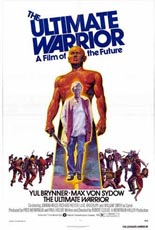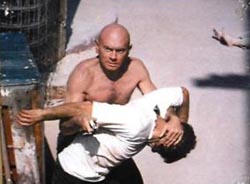
 Following close on the stiletto heels of 2013’s Blood of 1000 Virgins, GrindhouseFlix’s first original feature, the jackbooted Nazithon: Decadence and Destruction emerges as the second. It, too, is a trailer collection brimming with no-frills fun and it, too, is directed by company head Charles Band, if hitting the “REC” button for host segments can be called direction. While Virgins wallowed in sexploitation, Nazithon naturally casts its eye on that most odious of psychotronic-film movements: Nazisploitation!
Following close on the stiletto heels of 2013’s Blood of 1000 Virgins, GrindhouseFlix’s first original feature, the jackbooted Nazithon: Decadence and Destruction emerges as the second. It, too, is a trailer collection brimming with no-frills fun and it, too, is directed by company head Charles Band, if hitting the “REC” button for host segments can be called direction. While Virgins wallowed in sexploitation, Nazithon naturally casts its eye on that most odious of psychotronic-film movements: Nazisploitation!
While we’re on the subject of odious, Nazithon is hosted in monotone by Michelle “Bombshell” McGee, a pseudo-celebrity known for her gnarly face tattoos, but only because she’s known for breaking up Sandra Bullock’s marriage. Having previously played an SS soldier in Band’s Puppet Master X: Axis Rising, Ian Roberts stands silently behind the heavily inked McGee, who appears all too comfortable in Nazi garb as she introduces each themed grouping of vintage previews. Many of the coming attractions sport interchangeable titles: SS Experiment Love Camp, SS Camp 5: Women’s Hell, Love Camp 7. The latter, per its trailer’s narrator, is “where women were used like cattle!”
 Popular in the 1970s, such flicks prove tough sits, partly because of their subject matter, partly because they seem to incite audience pleasure in the torture of females, and partly because they’re just so damned boring. However, their hyperbolic ads show so much — including enough showering to dry one’s epidermis to Sahara levels — you’re left with no need to suffer through the actual experience. The exception may be the Ilsa saga (all four chapters of which are represented here), partly because they’re aware of their cheesy center, partly because of the eye-popping Dyanne Thorne and — with my 37-22-35-track mind, it merits repeating — partly because of the eye-popping Dyanne Thorne.
Popular in the 1970s, such flicks prove tough sits, partly because of their subject matter, partly because they seem to incite audience pleasure in the torture of females, and partly because they’re just so damned boring. However, their hyperbolic ads show so much — including enough showering to dry one’s epidermis to Sahara levels — you’re left with no need to suffer through the actual experience. The exception may be the Ilsa saga (all four chapters of which are represented here), partly because they’re aware of their cheesy center, partly because of the eye-popping Dyanne Thorne and — with my 37-22-35-track mind, it merits repeating — partly because of the eye-popping Dyanne Thorne.
Showcasing more variety, Nazithon’s back half is better, starting with a section on neo-Nazis, which basically allows for the cross-pollination of the genre into the likes of blaxploitation (The Black Gestapo) and biker films (The Tormentors). The program’s pinnacle arrives at the home stretch, devoted to the goose-steps-meet-goose-bumps realm of supernatural Nazis, as exemplified by Ken Wiederhorn’s Shock Waves, Jean Rollin’s Zombie Lake and Jess Franco’s Oasis of the Zombies. —Rod Lott


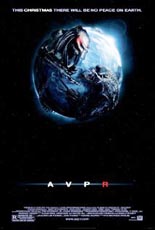
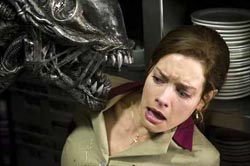
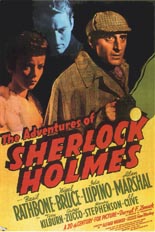
 Excepting 1939’s
Excepting 1939’s 

 Like
Like 